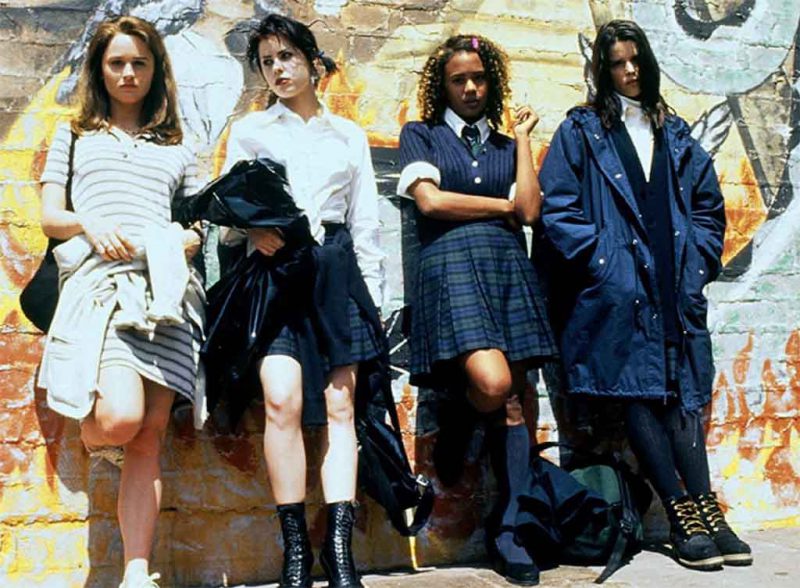Biological Determinism
This is anecdotal, and I don’t pretend it is anything but. However, I think it’s useful to agree on some facts that most seem to intuit but won’t say in public — I wonder why?
Our population is divided by ability, including the ability to act sensibly and plan ahead:
- 90% need to be told specifically what to do or they lapse into their various pleasures and unproductive or destructive activity.
- 9% can be given a general task that helps fulfill a social direction or ideal, but they will not derive that direction or ideal themselves.
- 1% can define a direction or ideal.
What separates these divisions?
The number of factors they must consider.
A leader must analyze millions; a general task completer can analyze thousands; a worker can analyze just a few.
When workers revolt, it places people who are biologically unsuited to lead in positions of leadership, and this is why their revolutions are destructive, as in France and Russia.
The greatest taboo today is that these divisions exist. It makes people feel as if they cannot be anyone, which interrupts the pleasant wish fulfillment fantasies they have absorbed from marketing and polite socialization.
Suddenly, reality rears its ugly head, and they have no idea how to give it meaning.
People hate biological determinism. It means they’re not undiscovered geniuses, brilliant artists, future kings — they’re average and they can’t escape it.
That irritates their monkey brains and they have epileptic seizures in which they wail miserably about oppression and conclude the solution is more powerful democracy, that can smash its enemies — including reality itself.
Yet the evidence keeps piling up — our intelligence, creativity, criminality and personality are defined for us before we’re even born:
Personality types are linked with structural differences in the brain – which could explain why one child grows up to be impulsive and outgoing while another becomes diligent and introspective.
Anatomical differences between the brains of 85 people have been measured and linked with the four main categories of personality types as defined by psychiatrists using a clinically recognised system of character evaluation.
Brain scans that measure differences in volume down to an accuracy of less than one cubic millimetre found, for instance, that people defined as novelty-seeking personalities had a structurally bigger area of the brain above the eye sockets, known as the inferior part of the frontal lobe.
In other words, our abilities define our behaviors — and our abilities are innate. This is a social taboo because it tells us that as individuals, we cannot be whatever we want to be; also, it tells us that as groups, we cannot rely on individuals to make the right decision if it’s beyond their ability level.
And as it turns out, there are problems with individual decision-making that can only be overcome with discipline and strong intelligence. First, there’s choice paralysis. Next, there’s the aforementioned Dunning-Kruger effect, where people who are out of their league when facing difficult tasks fail to notice their mistakes and so think they’re making right decisions when they’re screwing up. Finally, there’s choice blindness:
We have been trying to answer this question using techniques from magic performances. Rather than playing tricks with alternatives presented to participants, we surreptitiously altered the outcomes of their choices, and recorded how they react. For example, in an early study we showed our volunteers pairs of pictures of faces and asked them to choose the most attractive. In some trials, immediately after they made their choice, we asked people to explain the reasons behind their choices.
Unknown to them, we sometimes used a double-card magic trick to covertly exchange one face for the other so they ended up with the face they did not choose. Common sense dictates that all of us would notice such a big change in the outcome of a choice. But the result showed that in 75 per cent of the trials our participants were blind to the mismatch, even offering “reasons” for their “choice”.
We called this effect “choice blindness”, echoing change blindness, the phenomenon identified by psychologists where a remarkably large number of people fail to spot a major change in their environment. Recall the famous experiments where X asks Y for directions; while Y is struggling to help, X is switched for Z – and Y fails to notice.
Change blindness is what happens while you’re focused on a single aspect of reality, but don’t notice how other aspects in the scenario change, even if they indirectly impact the aspect you’re watching. This is why sleight of hand works; I distract you with the rapidly moving object, while slowing stuffing a pigeon in my hat in the background.
Choice blindness is a form of mental adjusting. If you want something, but get given something else, you’re so focused on receiving something that you accept what came and justify it by altering your memories to claim it was what you wanted.
In real world terms, this means that if a candidate promises no war but does something equally dastardly on an issue other than war, people don’t notice — that’s change blindness. On the other hand, if a candidate promises great beautiful things and then delivers more of the same, people adapt to it and still support him — because he’s their candidate.
I have a feeling these dizzy mental failings are the result of optimizations made to our thinking process, originally to get it to work with slower primate brains. These may no longer be necessary. If we’re as intelligent as we like to think we are, we will recognize these limitations and thrust those who lack them to the forefront of our decision-making process.
Tags: biological determinism, brain scan, caste, choice blindness, choice paralysis, determinism, IQ










